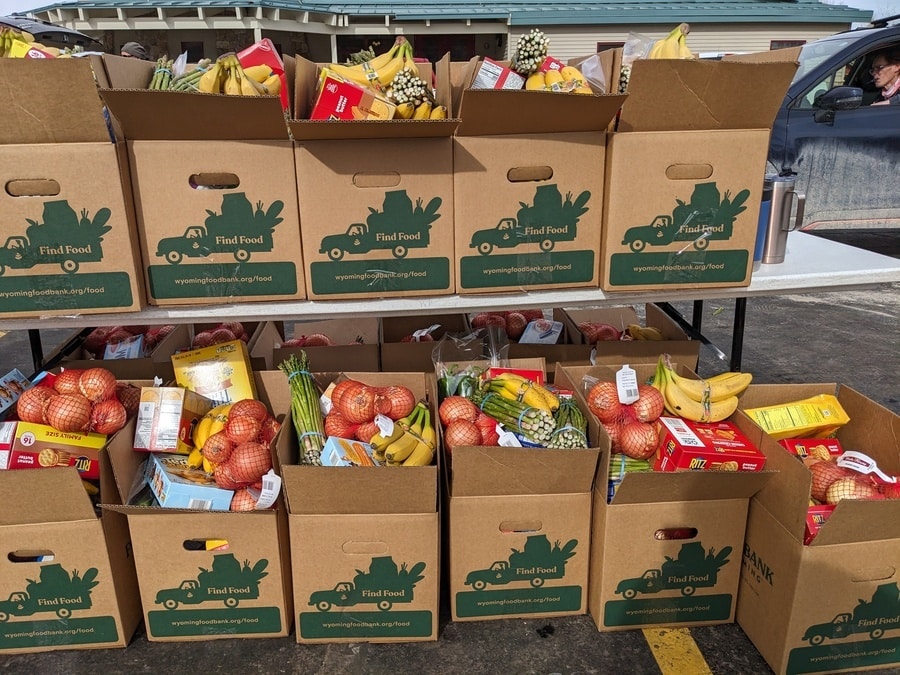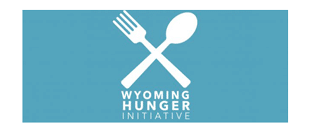Nutrition

Nutrition is Part of Our Mission
In the face of rising food prices, healthcare costs, and limited or no access to fresh food, Food Bank of Wyoming recognizes the importance of connecting our neighbors with quality, nutritious foods. Our commitment to nourish people facing hunger aims to support the health and hope of the communities we serve.

We help connect neighbors to nutrient-rich fresh fruits, vegetables, meat, dairy, and eggs that are often expensive or hard to find.
We source a wide variety of nutritious and community-centered foods for the people we serve.
Our nutrition education resources and partnerships seek to build neighbors' skills and confidence in keeping themselves and their loved ones healthy.
We support balanced eating patterns that align with each person's unique identity, personal preferences, and lifestyle.
Heart disease, diabetes, and malnutrition are more common among people facing food insecurity.
Eating nutrient-rich foods may help prevent these conditions and their associated medical costs.
Eating nutrient-rich foods may help prevent these conditions and their associated medical costs.
Previous slide
Next slide



